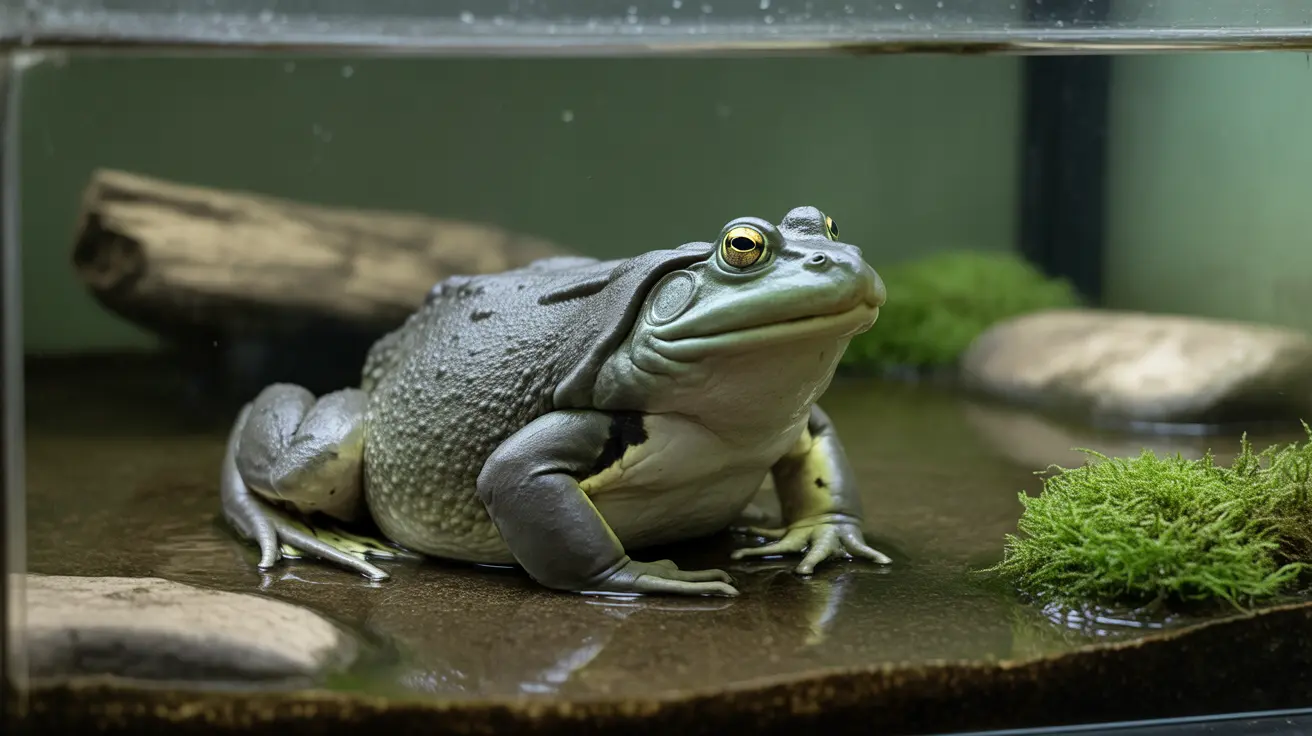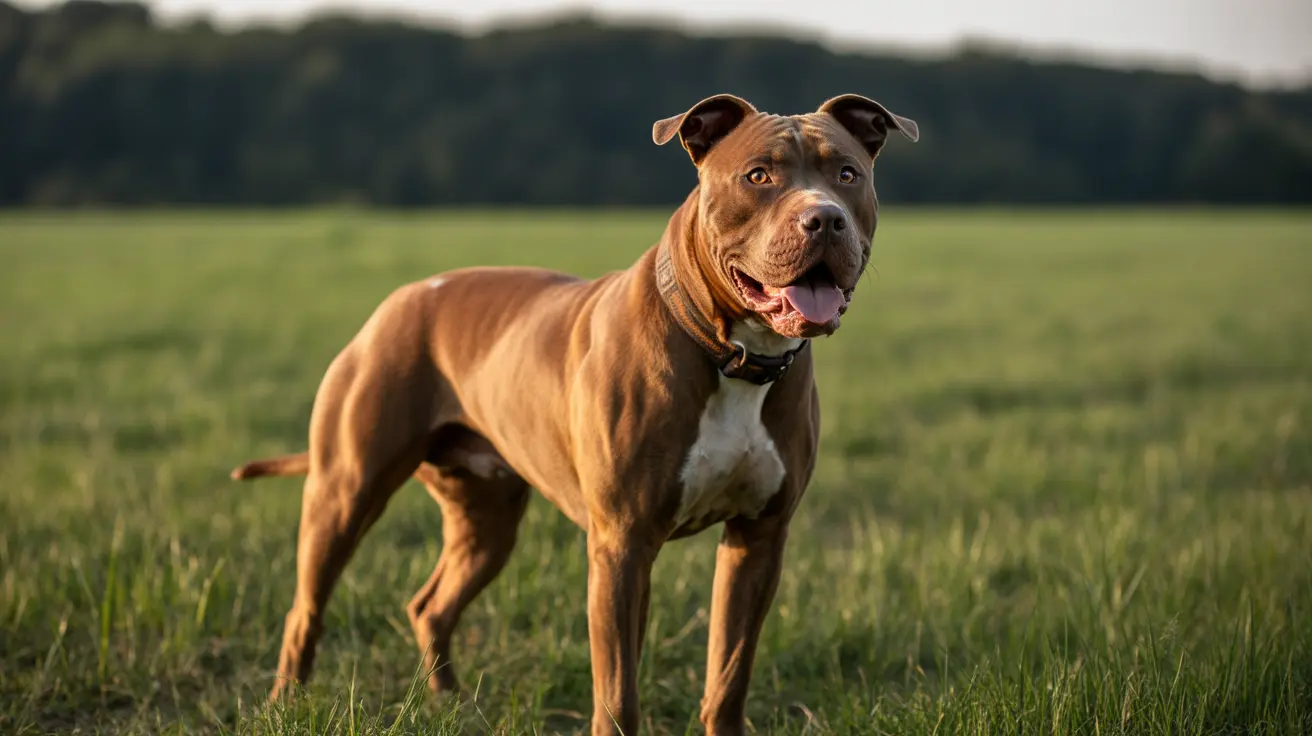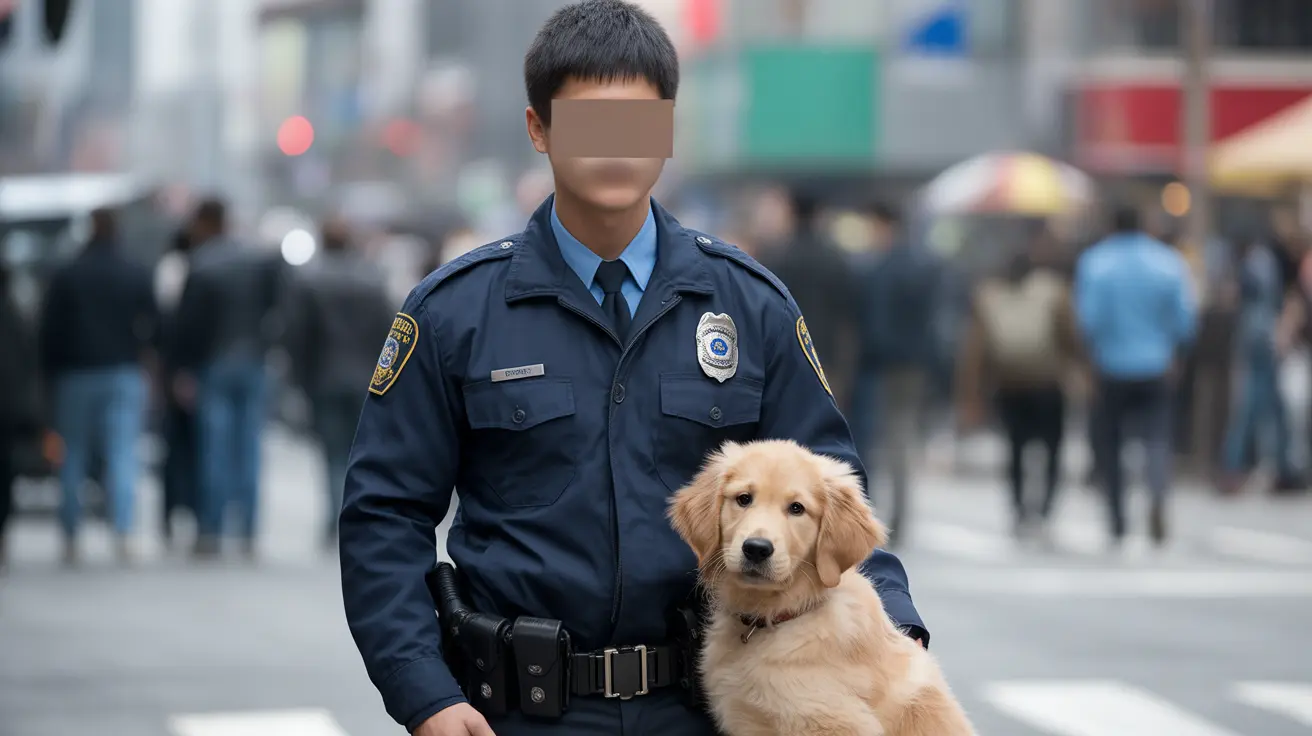Considering adding a Cavalier King Charles Spaniel to your family? Understanding their full-grown size and development patterns is crucial for providing proper care and ensuring your new companion thrives. These beloved small dogs combine royal heritage with perfect lap-dog proportions, making them increasingly popular among dog lovers.
In this comprehensive guide, we'll explore everything you need to know about adult Cavalier King Charles Spaniels' size, growth patterns, and how to maintain their ideal weight throughout their lives.
Adult Size and Weight Standards
A fully grown Cavalier King Charles Spaniel typically weighs between 13 and 18 pounds (6-8 kg) and stands 12-13 inches tall at the shoulder. Males generally trend toward the higher end of these ranges, while females often remain slightly smaller.
Despite their classification as toy dogs, Cavaliers maintain a robust, well-balanced build that sets them apart from more delicate breeds. Their sturdy frame supports their signature silky coat and distinctive feathering on ears, legs, and tail.
Growth Timeline and Development Stages
Cavalier puppies experience rapid growth during their first six months of life. By the half-year mark, most puppies have reached approximately 75% of their adult size. Here's what to expect during key growth phases:
Early Puppy Stage (2-4 months)
- Males: 5-12 pounds
- Females: 4.5-11 pounds
Middle Growth Phase (4-6 months)
- Males: 10-16 pounds
- Females: 8-15 pounds
Final Growth Stage (7-12 months)
- Males: 14-18 pounds
- Females: 12-17 pounds
Factors Affecting Adult Size
Several key factors influence a Cavalier's full-grown size:
Genetics
Parentage plays a crucial role in determining adult size. Puppies from larger parents may reach the upper end of the breed standard, while those from smaller lines might remain more compact.
Nutrition and Care
Proper nutrition during growth phases significantly impacts adult size and overall health. High-quality puppy food formulated for small breeds helps ensure healthy development without excessive weight gain.
Activity Level
Regular, appropriate exercise contributes to proper muscle development and weight management. However, avoid over-exercising young puppies, as this can stress developing joints.
Maintaining Healthy Weight in Adult Cavaliers
Adult Cavaliers tend to become less active after age 2-3, making weight management crucial. Regular weigh-ins and body condition assessments help prevent obesity, which can lead to health complications.
Create a balanced routine incorporating:
- Portion-controlled meals
- Daily moderate exercise
- Regular veterinary check-ups
- Weight monitoring
Frequently Asked Questions
How big does a Cavalier King Charles Spaniel get when fully grown?
Adult Cavaliers typically reach 12-13 inches in height and weigh between 13-18 pounds when fully grown. This size makes them ideal for both apartment living and larger homes.
At what age is a Cavalier King Charles Spaniel considered fully grown in height and weight?
Most Cavaliers reach their full height by 9-12 months of age. However, they may continue to fill out and develop muscle mass until they're 2-3 years old.
What is the typical adult weight and height difference between male and female Cavaliers?
Males typically weigh 14-18 pounds and females 12-17 pounds when fully grown. Height differences are minimal, with both sexes standing 12-13 inches tall at the shoulder.
How can I manage my adult Cavalier's weight to prevent obesity as they mature?
Monitor food portions, maintain regular exercise, schedule annual vet check-ups, and adjust diet based on activity level. Use a body condition score chart to assess your dog's weight regularly.
What are the key differences in size and appearance between Cavalier King Charles Spaniels and King Charles Spaniels?
Cavalier King Charles Spaniels are slightly larger (13-18 pounds) than King Charles Spaniels (9-15 pounds). Cavaliers also have longer muzzles and flatter skulls compared to the domed skull and shorter muzzle of King Charles Spaniels.
Understanding your Cavalier's growth patterns and maintaining their ideal weight will help ensure a long, healthy life for your beloved companion. Regular monitoring, proper nutrition, and appropriate exercise are key to keeping your Cavalier in optimal condition throughout their adult years.






